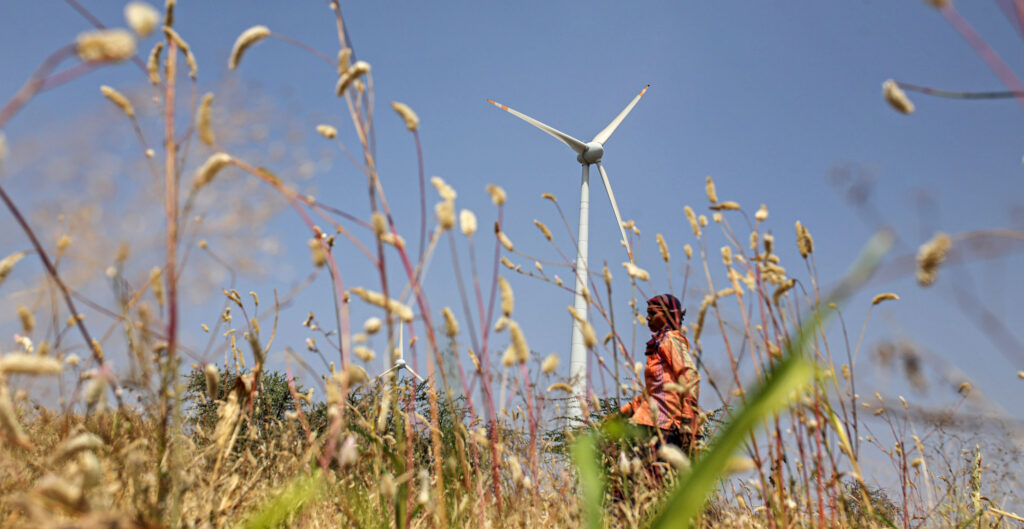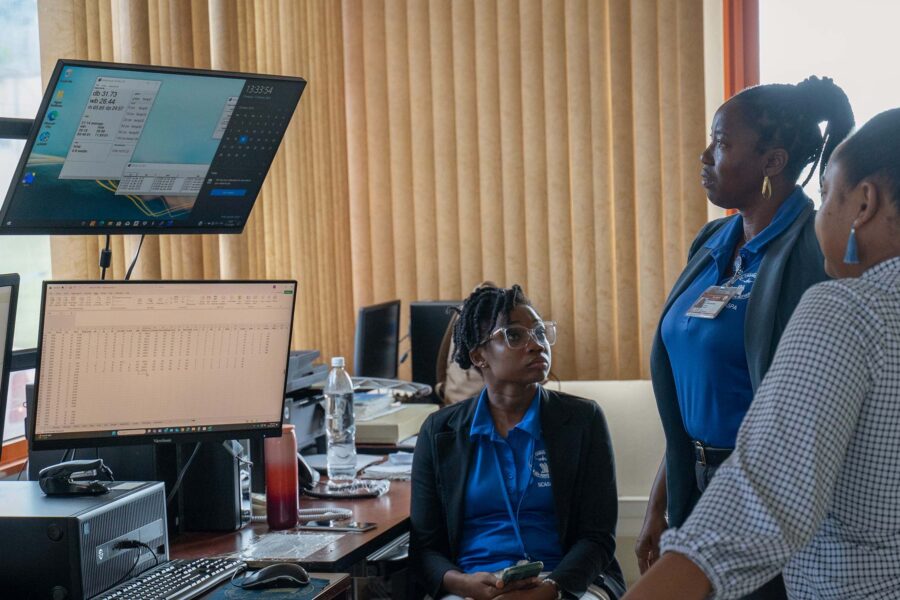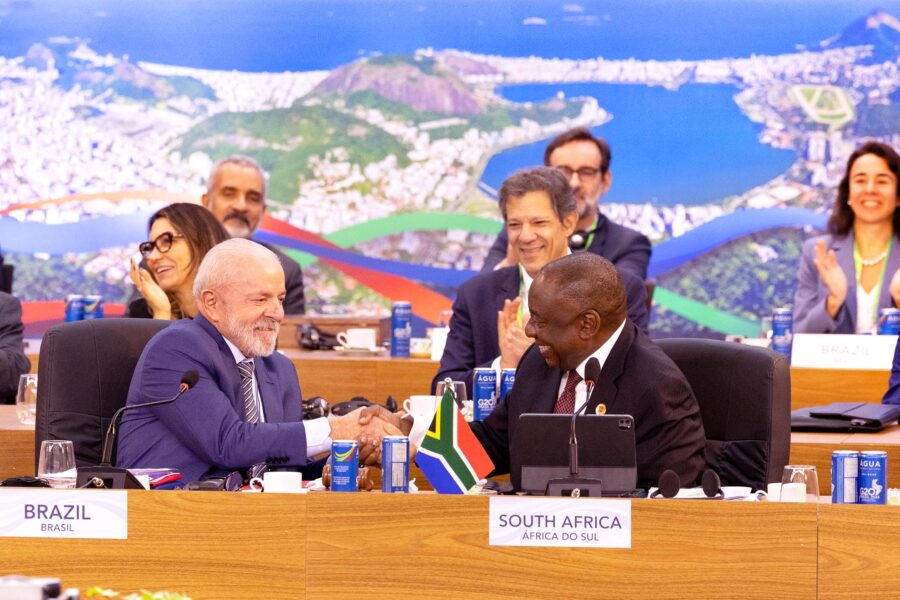Only eight years left to reset priorities for a climate-safe future
Despite many countries announcing more ambitious political commitments to net-zero, the policies and actions announced to date fall woefully short of achieving 1.5°C. We must rapidly increase the transition to renewable energy if we’re to avert climate catastrophe
Climate — Global

We are running out of time. The time constraints on our ability to reach the 1.5°C goal have become increasingly apparent in recent years. Visible and devastating impacts around the world have put pressure on governments to abandon fossil fuels and ensure massive emissions reductions in line with the Paris climate objectives.
With its 1.5°C Pathway, IRENA offers a clear vision for governments to accelerate the decarbonization of the energy system. Our studies have made it clear that climate ambitions can be enhanced through an accelerated energy transition rooted in renewable energy. Achieving net zero by 2050 depends on sufficient action by 2030, with the next eight years being critical. Only radical, immediate actions can bring the enhanced ambitions into reality.
We have certainly seen more ambitious climate commitments announced in the past year. India, for example, now aims to meet 50% of its energy requirements through renewable energy by 2030. Germany has also made a bolder commitment by bringing forward its 100% renewable electricity target from 2040 to 2035. In the oil-rich Middle East, the United Arab Emirates has become the first country in the region to announce a target of being net zero by 2050.
Last November’s COP26 also brought progress with the commitment of frontrunner countries to phase out coal and scale up clean power. Additionally, the Glasgow Climate Pact confirms that a significant number of governments and public finance institutions are committed to annually direct USD 24 billion away from fossil fuels to clean energy in pursuit of a just and inclusive energy transition. The aspiration sounds encouraging, but can it mobilize enough action and drive necessary change?
IRENA’s latest World Energy Transitions Outlook finds that we must move much faster. Our latest data shows that, despite global uncertainties, the deployment of renewables continued to grow by 260 GW last year. Yet, the current deployment falls short of the level needed to reach net zero. In line with recommendations by the Intergovernmental Panel on Climate Change, no less than annually tripling installed renewable power by 2030 is required to stay on course towards 1.5°C.
To do that, we need to invest USD 5.7 trillion in energy transition per year over the same period. It is by no means an easy feat, but we no longer have the luxury of time or options. Furthermore, accelerating the energy transitions is a no-loss investment.
The cost of renewables continues to undercut those of new fossil fuels. Every USD 1 spent on the energy transition will yield benefits valued at between USD 2 and USD 5.5. IRENA’s Outlook 2022 shows that this will create 85 million energy transition-related jobs worldwide by 2030, with over 26 million additional jobs in renewable energy alone. These figures show that investing in fossil fuels has become uneconomic, bearing the risks of stranded assets.
Shifting to renewables will bring more than just capital benefits. It will lead countries closer to universal access to modern energy, as encapsulated in Sustainable Development Goal (SDG) 7. Affordable and clean energy is the foundation of national welfare. It improves productivity, and enhances people’s access to healthcare, water, and education.
However, the SDG 7 Tracking Report 2021, authored by IRENA and fellow SDG 7 custodians, shows that the number of people without access to electricity remains stubbornly high, declining from 1.2 billion in 2010 to 759 million in 2019. This slow progress indicates that the SDG target of universal access appears unlikely to be met by 2030. The United Nations High-level Dialogue on Energy in 2021 clearly highlighted how far we are from realizing our pledge to ensure universal access to energy. This is not acceptable.
We also analyzed the overall trend of international public financial flows to developing countries in support of clean energy. The positive trend, however, is marred by the fact that financial commitments were concentrated in a few countries and failed to reach those most in need. This finding points to the continued importance of enhancing international cooperation to increase the flows in a more equitable manner.
We must now look at 2030 as the finishing line to prioritize emission mitigation, energy access, clean cooking solutions, and technological innovations. Additionally, integrated electrification plans that consider both centralized and decentralized renewables in a coordinated manner must also be a priority.
A comprehensive set of cross-cutting and structural policies is needed to optimize the use of all available technological avenues. Our analysis identifies renewables, electrification, energy efficiency, and green hydrogen as the major enablers of decarbonization. Policies must aim to incentivize solutions, foster innovations, and raise consumers’ and citizens’ awareness, among others.
Resetting our priorities to implement the above measures requires accelerated collaborative action. We are the ones causing this dangerous and widespread crisis, so we must take responsibility to correct the path. If we want to cling to any chance left for a liveable world, we have no other option but to put our words into action within the next eight years.





